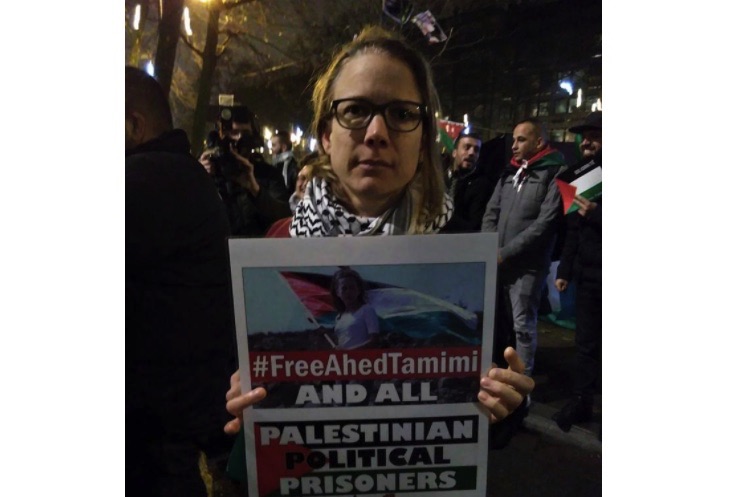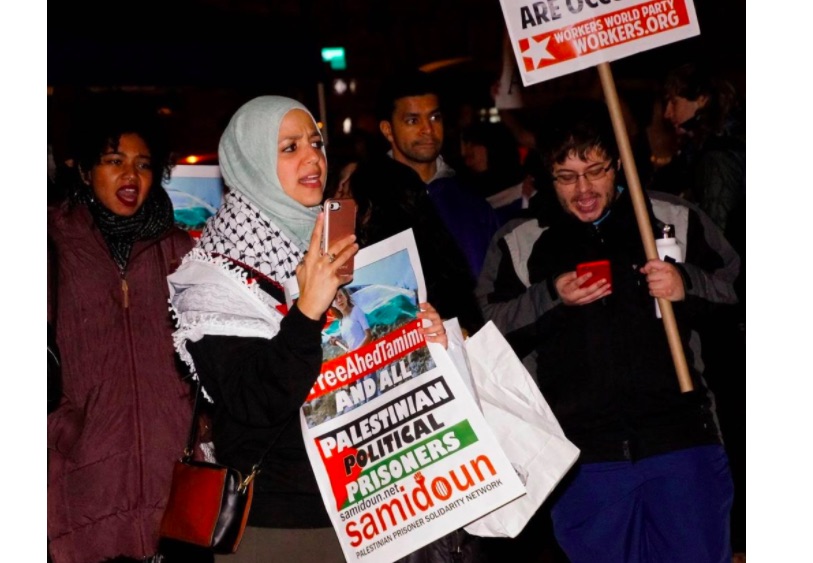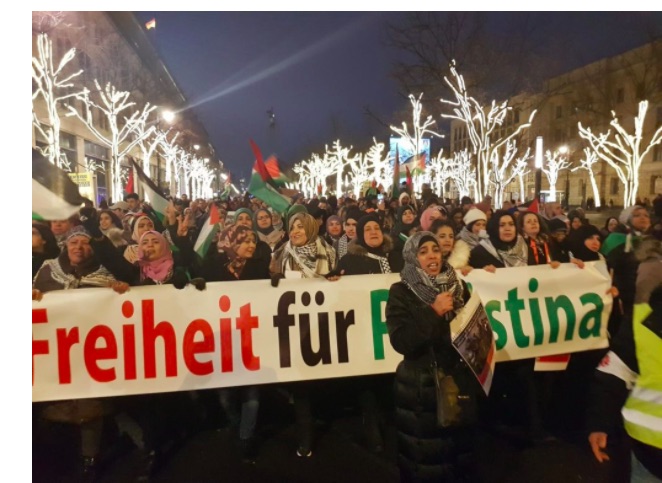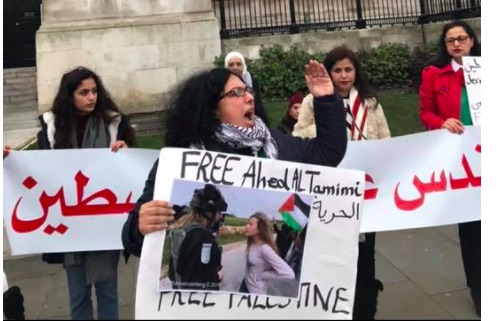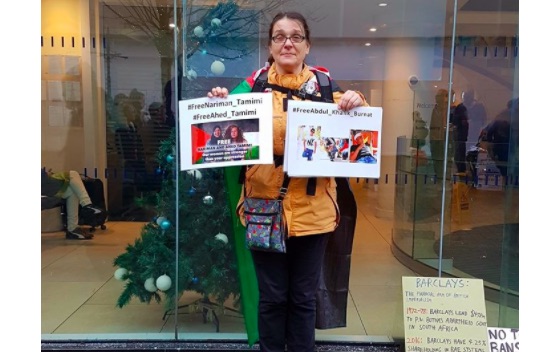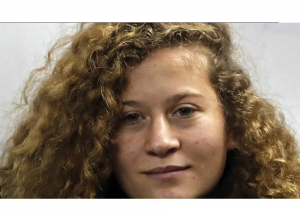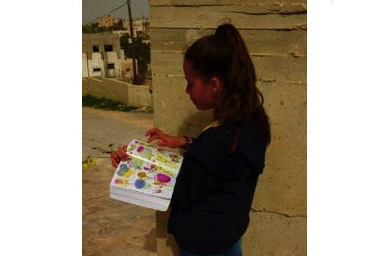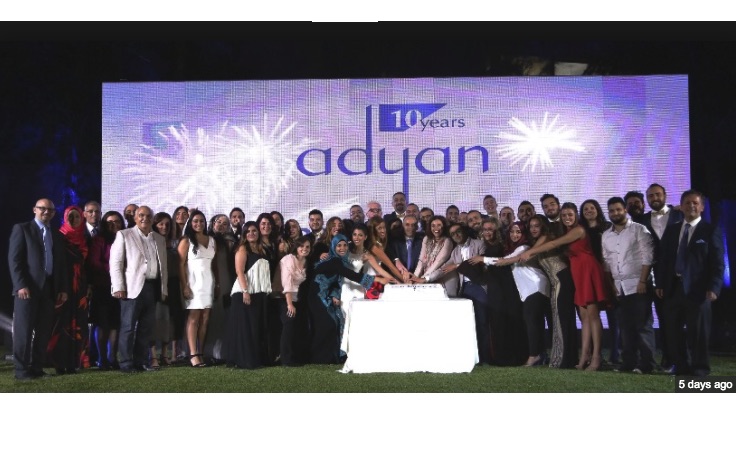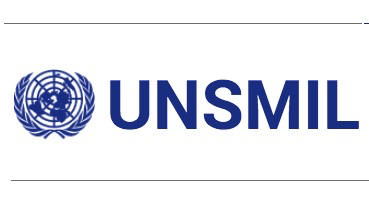… EDUCATION FOR PEACE …
An article from Relief Web
The majority of the population in South Sudan is under thirty years of age. However, ongoing conflict, high unemployment and lack of consistent access to education risks leaving the generation of youth without the skills to politically, economically, and socially grow the world’s newest nation. Peace and the stability it provides are paramount in South Sudan.
As one way of developing peace-builders and peaceful societies in South Sudan, the Ministry of General Education and Instruction (MoGEI) with the UNESCO Juba Office and UNESCO-International Institute for Capacity Building in Africa (IICBA), hosted a Training of Trainers (ToTs) on Transformative Pedagogy for Peace-Building. From 23-26 January 2018, 24 MoGEI staff and trainers of secondary-school teachers from selected Institutions such as Rombur Teacher Training Institution, Juba Teachers Training Center, Yei TTC, Loka National Secondary School, Malakal Elshabia Secondary School, just to mention a few, participated in the workshop. This ToT is a key element of UNESCO-IICBA’s Teacher Training for Peace-Building in the Horn of Africa and Surrounding Countries project, supported by the Government of Japan.

The overall goal of the project is to train 6,000 secondary-school teachers in South Sudan, Ethiopia, Kenya, Somalia, and Uganda and Eritrea through a Training of Trainers (ToTs) model. By training teachers, the project invests in youth, offering them skills that will help them to become peace-loving and economically and socially productive citizens.
Those trained in Juba, South Sudan will go on to train pre and in-service secondary school teachers to meet the country’s goal of training 1,000 secondary-school teachers.
At the opening ceremony, His Excellency Seiji OKADA, Ambassador Extraordinary and Plenipotentiary of Japan to South Sudan; Abdullahi Ali, Acting Undersecretary of Ministry of General Education and Instruction; Umar Alam, Head of Office of UNESCO Juba office and Yumiko Yokozeki, Director of UNESCO-International Institute for Capacity Building in Africa (IICBA) provided welcoming remarks. Mr. Umar Alam stated that UNESCO is advocating for giving utmost priority to the peace education initiative in South Sudan, and thanked the Government of Japan and MoGEI for their support. Dr. Yokozeki shared that IICBA is keen to know the needs of the teachers in the continent and believes that teachers carry the key to quality education.
Since 2016, with the support of Japan, IICBA has been working on peace and resilience building, one of the most important issues in South Sudan and the world. IICBA has also spearheaded Prevention of Violent Extremism (PVE) through education in Africa with two multi-country PVE training workshops in Addis Ababa and Dakar in 2017. Ambassador Okada spoke about the important role of teachers in peaceful societies. His Excellency noted that Japan development was a result of investing in people and education. The Honourable Dr. Nadia Arop Dudi, Minister of Youth, Culture and Sports, officially opened the workshop by strongly emphasizing the role of gender in peace education access.
During the weeklong workshop, participants were engaged in dynamic activities designed for teaching peace-building through Transformative Pedagogy. This unique method relies on active participation and deep reflection. It encourages youth to become social entrepreneurs and design community projects to reduce root causes of conflict. Sarah Charles Hakim, a tutor at Rombur National Teacher Training Institute shared that she ‘benefited greatly from the workshop and is eager to implement it in her institution.’
(Article continued in right column)
Question for this article:
What is the relation between peace and education?
(Article continued from left column)
Another participant, Angelo Gume felt that ‘peace-building education is needed in South Sudan to teach youth the skills of critical thinking, active listening, mediation and negotiation so that they can be peace-builders. There is a long way to go, but together teachers, youth, families and communities can create a peaceful society.’ In fact, South Sudanese educators have already gone the distance to learn for other countries experiences in implementing peace education.
As a key activity of the project, from 2-9 August 2017, Ms. Doru Joyce Ladu, a secondary school teacher in Juba joined Mr. Babu Emmanuel Ezibon, Senior Inspector in the Planning Department and Mr. Victor Dut Chol, Director for Research and Policy Documentation both from MoGEI, were part of the 18 policy makers, teacher trainers, and secondary school teachers from the six participating countries who travelled to Japan for training in Tokyo and Hiroshima.
The study tour participants also had the honour to be invited to the Peace Ceremony on 6 August 2017 in Hiroshima. The Japan study tour bridged cultures, histories, and educational experiences between the six African countries and Japan and provided opportunities to share experiences on teaching and peace-building among educators and policy makers.
At the closing ceremony for the workshop, Mr. Takanobu, who represented the Ambassador of Japan in South Sudan, was pleased to hear about the project’s study tour to Japan. He stated that the trainers were like ‘seeds who will generate peace-builders who will also go on to develop additional peace-builders.’ The Honorable Deng Deng Hoc Hai, the Minister of General Education and Instruction, officially closed the workshop by sharing that the new South Sudan National Curriculum had the four objectives of developing good citizens, life-long learners, and creative problem solvers, who were also environmentally responsible persons.
The ministry has a new mandate to have peace-clubs at every school beginning in February 2018. The Honourable minister shared that ‘the right to education is as important as the right to life; education impacts the quality of one’s life and it is the foundation for reaching all the other 2030 Sustainable Development Goals (SDGs).’ He indicated that the teacher trainers had a great deal of work ahead of them but that they were now well-prepared for the task. The honourable minister thanked the Government of Japan for supporting this training and project.
South Sudan has also been instrumental in other project activities, including the development of teacher guides and participating in the training of trainers from 4-8 September 2017. In March 2018, educators, MoGEI, NGOs, youth and UNESCO will also hold a policy dialogue to discuss how to make the project sustainable.
This UNESCO-IICBA initiative comes at a crucial time as conflicts, disorder, and natural disasters are severely impeding global and regional efforts to improve access to quality education while exacerbating violence and radicalizing youth.
With 42% of its population of 12.2 million under the age of 15, lessons learned from this trip have the potential for great impact of future South Sudanese generations.
Project goals and activities are aligned with Goal 4 and Goal 16 of the 2030 Sustainable Development Goals (SDGs) and the AU’s Agenda 2063. To quote Dr. Yumiko Yokozeki, Director of UNESCO-IICBA, “More young people are enrolled in school in Africa. Therefore, a teacher’s role must be emphasized in promoting peaceful cultures amongst the youth.”
(Thank you to the Global Campaign for Peace Education for calliing this article to our attention.)
